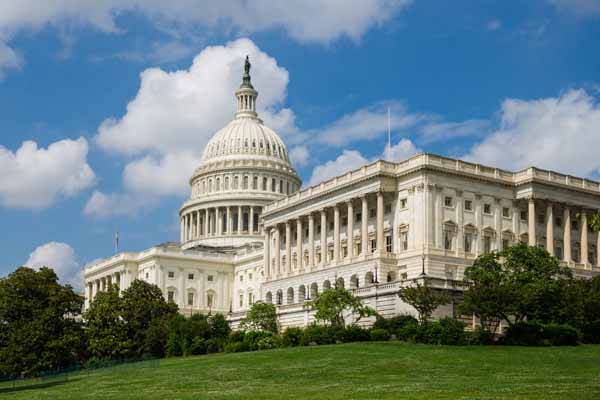
Federal lawmakers put new restrictions on surprise medical billing, reduced requirements that would’ve cut physician Medicare payments, and secured COVID-19-related relief for physicians as part of a massive omnibus legislation package approved this week.
President Donald Trump has called on lawmakers to amend the bill, in part to raise the amount of stimulus checks to be sent to individuals and households, and has not signed it into law.
The bill, approved by the U.S. House of Representatives and Senate on Monday, contains several medicine- and patient-friendly measures, including improvements on the “No Surprises Act,” which the American Medical Association objected to earlier this month.
The Texas Medical Association has been closely monitoring bill, particularly discussions on balance billing.
The final bill incorporates an independent dispute resolution (IDR) process to settle disagreements between physicians and insurers over out-of-network payments. However, according to the AMA, the bill makes improvements to balance billing such as:
- Clarification that an upfront, initial payment or notice of denial is required from health plans to the physician.
- An increase in the time for a physician to pursue independent dispute resolution (IDR), from two to four days.
- Prohibition against considering public program rates like Medicare, Medicaid, and Tricare during the IDR process.
- Elimination of problematic timely billing provisions.
TMA has maintained that any federal balance-billing legislation should take patients “out of the middle” of out-of-network surprise billing disputes between insurers and physicians, hospitals, and practitioners; require a fair initial payment from the health plan to the physician; and more.
The bill also dramatically reduces the Medicare fee schedule budget neutrality requirements that would’ve cut the conversion factor used to determine Medicare physician payments by about 10%.
Specifically, the bill calls for a 3.75% pay raise across all specialties and payments in the Centers for Medicare & Medicaid’s (CMS) final 2021 Medicare schedule, improved rules on coding and payment for evaluation and management (E&M) office visits, and an extension of the 2% Medicare sequester moratorium through March 2021.
“Taken together, these provisions related to Medicare physician payment mean the budget neutrality adjustment is significantly reduced,” AMA said in its bill summary. “Based on the specialty impact table in the final rule, the AMA estimates that most specialties will now see either a neutral or positive change in total Medicare payments in 2021.
Lawmakers also included hundreds of billions of dollars in funding and policy changes to help small businesses who have been negatively affected by the pandemic, such as physician practices, including:
The bill also includes $69 Billion for COVID-19 vaccines, testing and tracing, as well as mental health funding.
Lawmakers also secured $7 billion to expand broadband internet access nationwide, including $250 million in telehealth funding. TMA has been pushing for expanding broadband, particularly as telemedicine use has soared statewide during the COVID-19 pandemic.